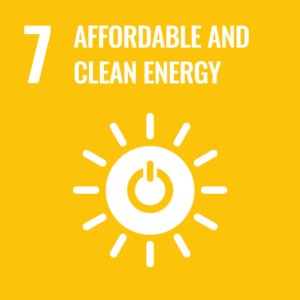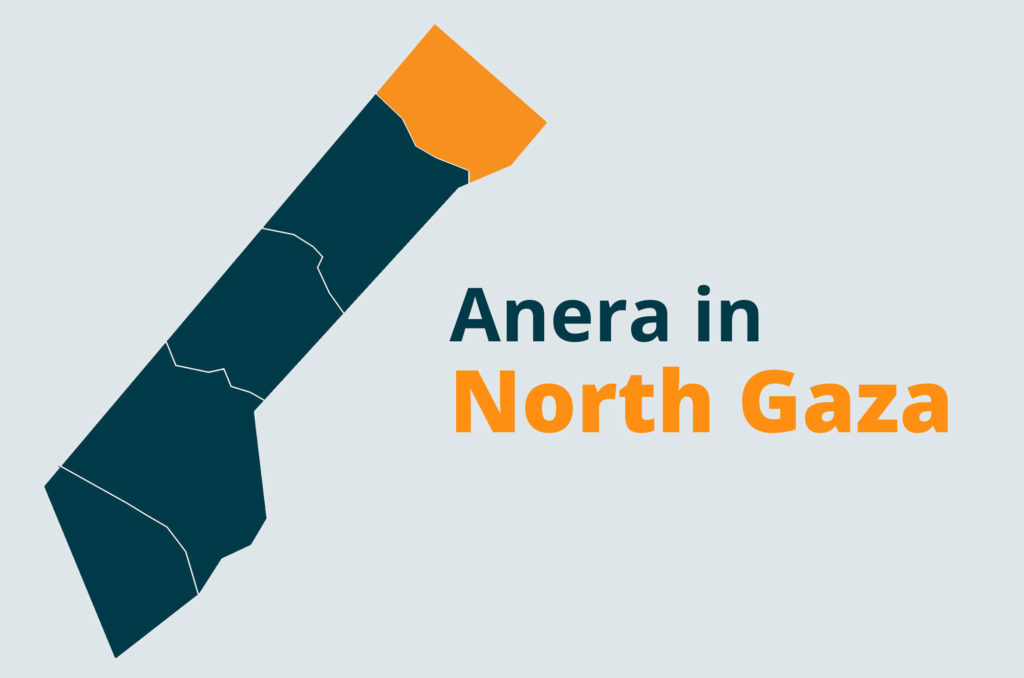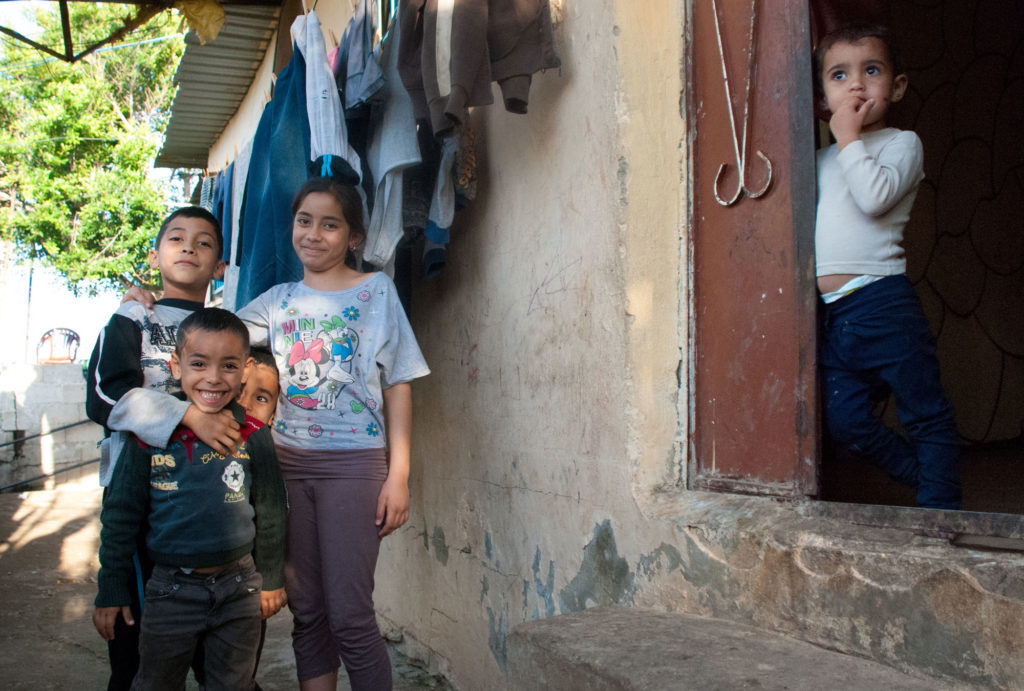Mar, 2023
Anera installed solar energy panels at community and health centers that support vulnerable communities in Lebanon.
The energy crisis has been a long-standing issue in Lebanon, dating back to the civil war. Exacerbated by the 2019 economic collapse, electricity shortages have gravely impacted the country's economy and essential services. While exact figures on the number of people affected by the energy crisis are not available, the United Nations Development Programme has noted that across the world vulnerable groups, such as low-income households and refugees, are among the worst affected by the crisis.
With generous support from a private donor, Anera has taken action to address this issue by installing a total of 219 solar energy panels, 14 power inverters, and 24 lithium batteries at 14 community and health centers across the country that support vulnerable Lebanese, Palestinian and Syrian communities.
The solar panel installations have allowed these centers to save money on electricity, which can now be redirected towards providing better services to the Lebanese citizens and refugees who rely on them. This includes hiring more staff, increasing salaries, and using electrical medical equipment more efficiently. After monitoring their electricity costs for one month, the centers collectively estimate that they will see a total savings of $6,060 in monthly energy expenses. These vital health and community centers will accrue tens of thousands of dollars in savings every year that can be redirected towards enhancing and expanding the services they provide to their communities.
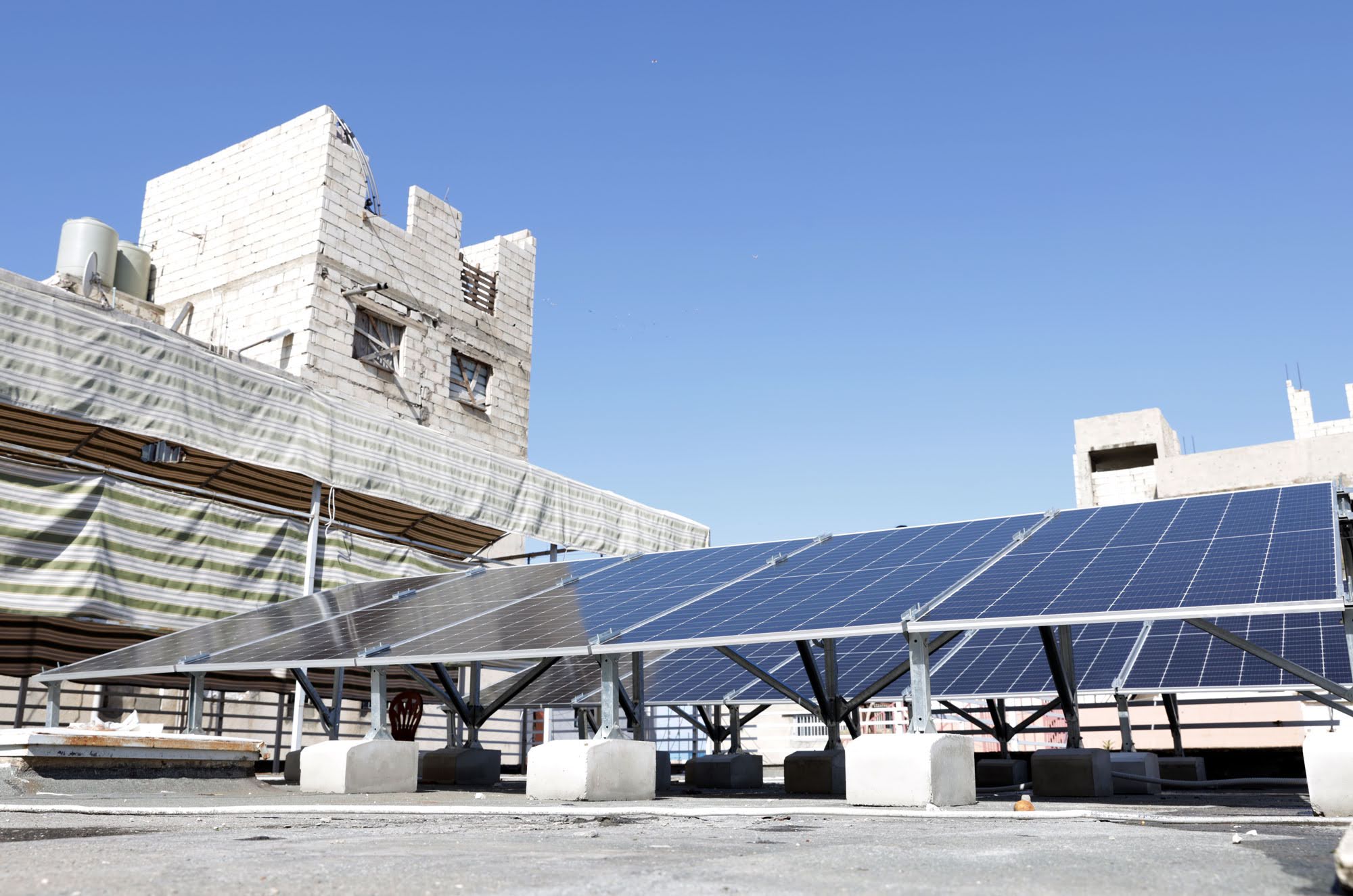

Radwan Al-Ajl, a physician and the director of Jdeidet El Qaitaa Medical Center, says that the solar energy system installation has helped the center develop faster and earn the Ministry of Health's designation as an accredited healthcare center.
"We were able to run refrigerators to store vaccines and other medications because of the solar energy system supplied by Anera. We are also able to operate the lights and equipment, such as dental equipment, echocardiography, and so on," Al-Ajl explains. "The center has been revitalized by solar energy!"
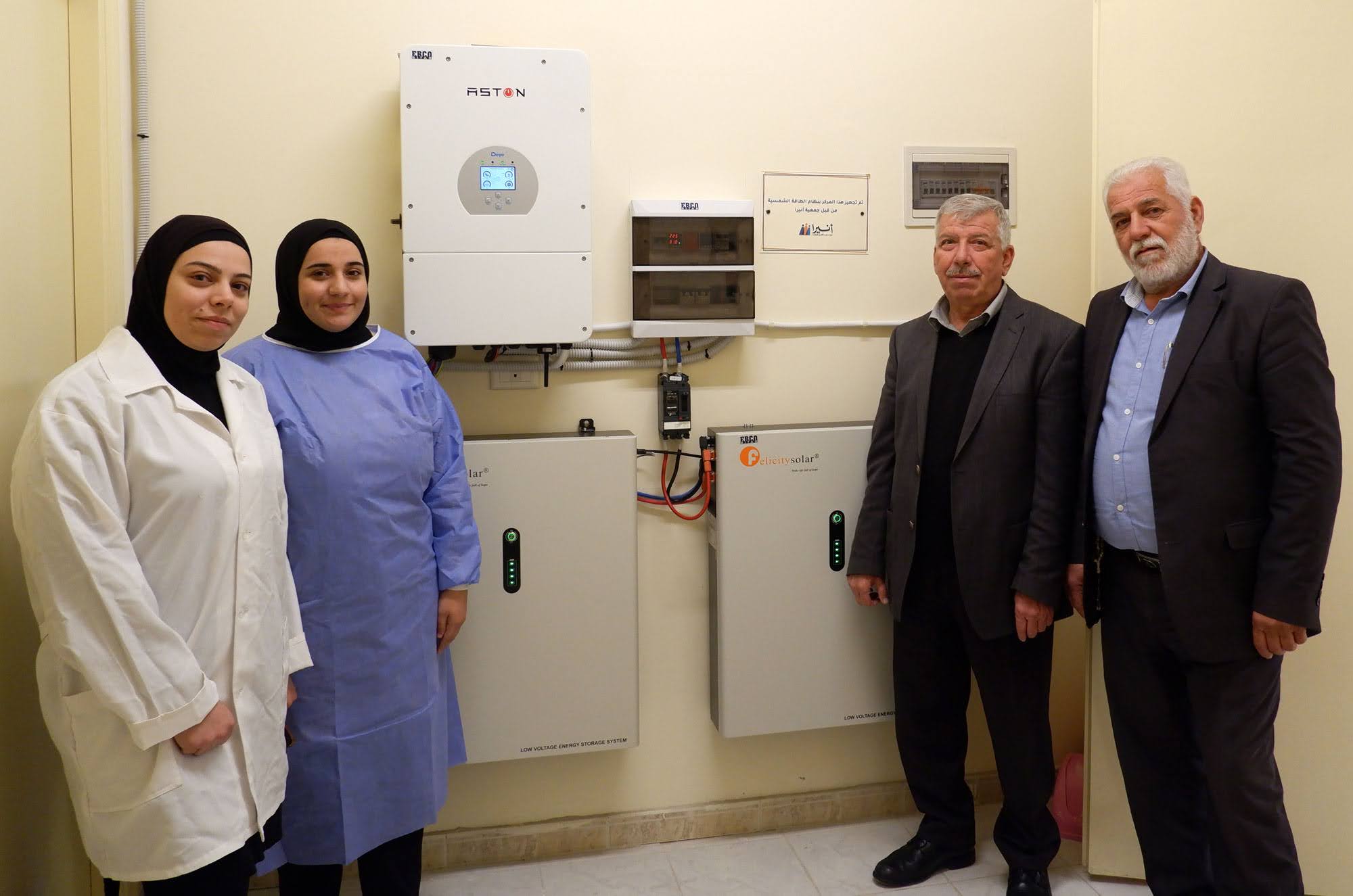

Anera has also equipped social and community service centers, such as Women’s Programs Association, with solar energy. The installations allow the centers to continue educating their students and supporting the women who come to the center for help.
Almaza Sharkawi, the director of the Women's Programs Association center in Baddawi, elaborates: "The association's work was moving slowly because of the electricity crisis. It particularly disrupted our in-house catering kitchen that sells local and fresh-made goods, which is a crucial source of income for the women who operate it."


The electricity crisis ... disrupted our curriculum and almost caused us to close the center.
- Almaza Sharkawi
This project has social, organizational and environmental benefits. On an organizational and social level, the 14 facilities are no longer dependent on unreliable public utilities or on expensive and polluting generators for power. In fact, the facilities are now nearly completely self-sufficient with their solar power system. On average, the centers are running exclusively on solar for 11 hours each day, covering the bulk of their operating hours.
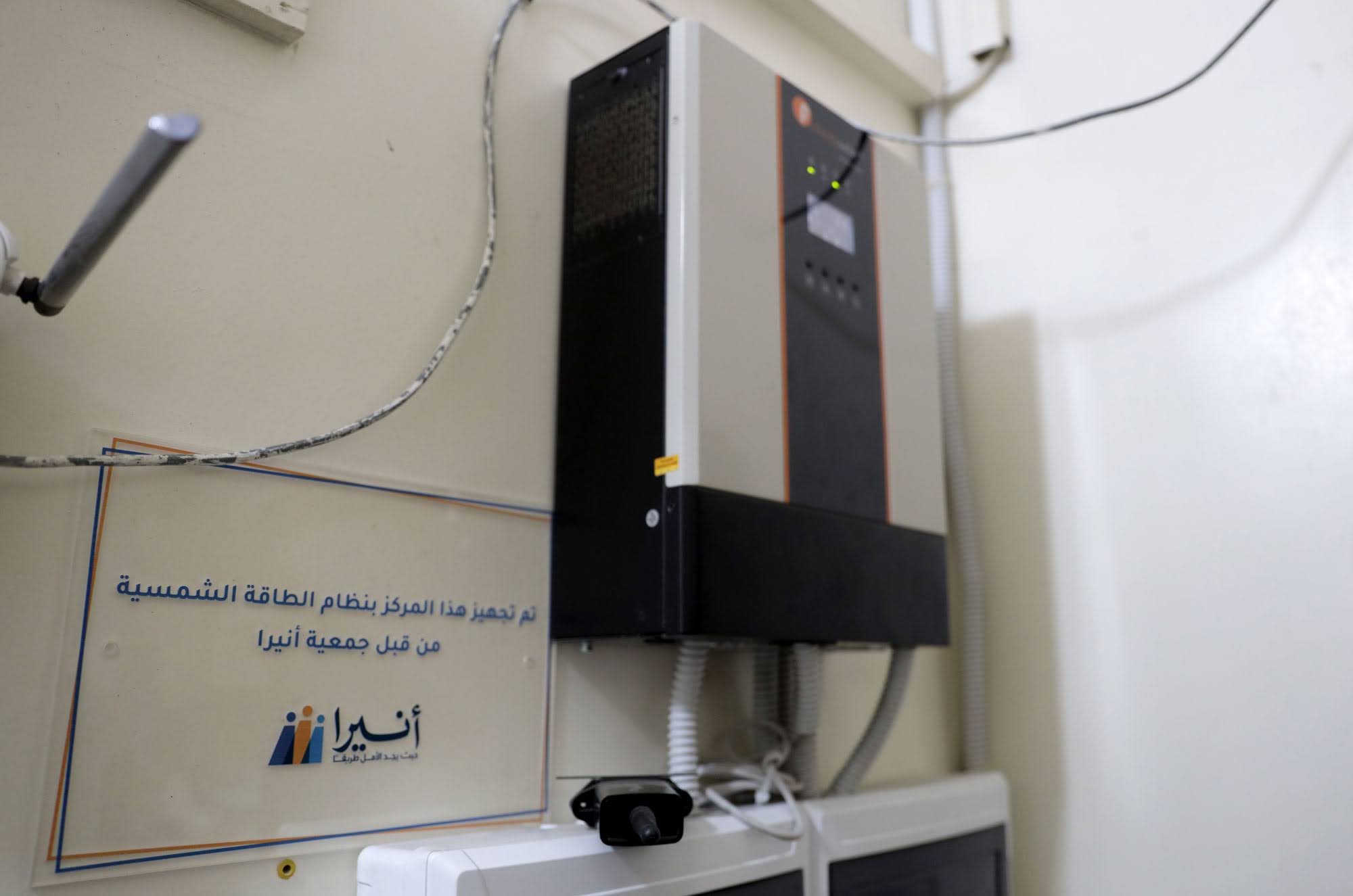

On an environmental level, the solar energy systems will substantially reduce the environmental pollution created by the facilities, due to the reduced use of generators.
The facilities report an impressive 46% reduction in their average monthly electricity expenses. Prior to the installation of the solar panels, the facilities collectively typically paid $13,205 each month for electricity prior to installing the solar systems. Now their average monthly costs are only $7,145.
AICP Hidaya School in Beirut had the highest energy bills, paying some $5,000 per month for electricity expenses before Anera installed the solar panels. Now, the school spends only $3,750 for electricity.
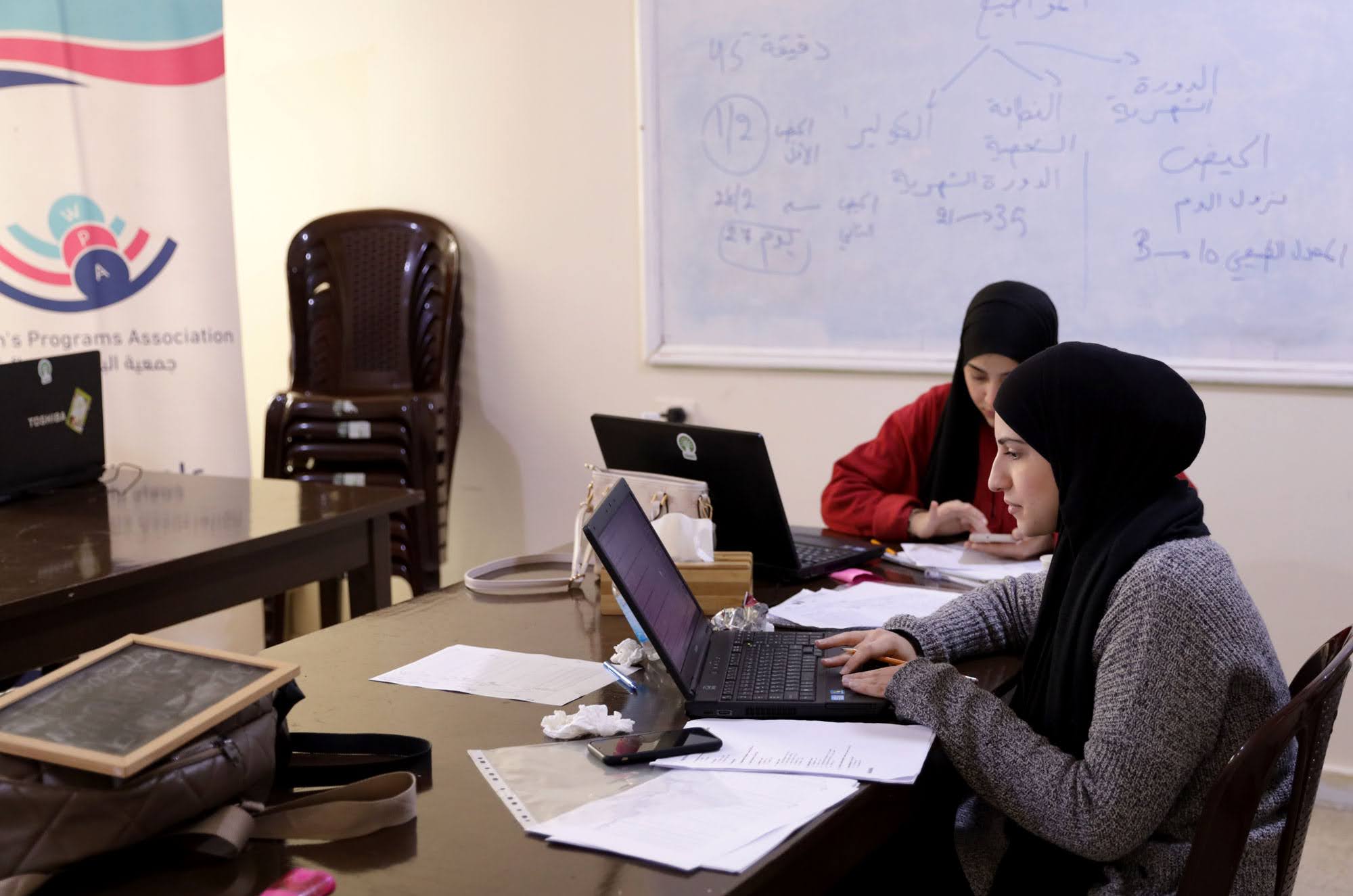

These solar panels are a great example of how renewable energy can be used to improve the quality of life for people in communities that are facing energy challenges. By implementing sustainable solutions, Anera supporters are not only helping these centers become more self-sufficient but also contributing to creating green alternatives that answer to the Lebanese and global energy crises.

